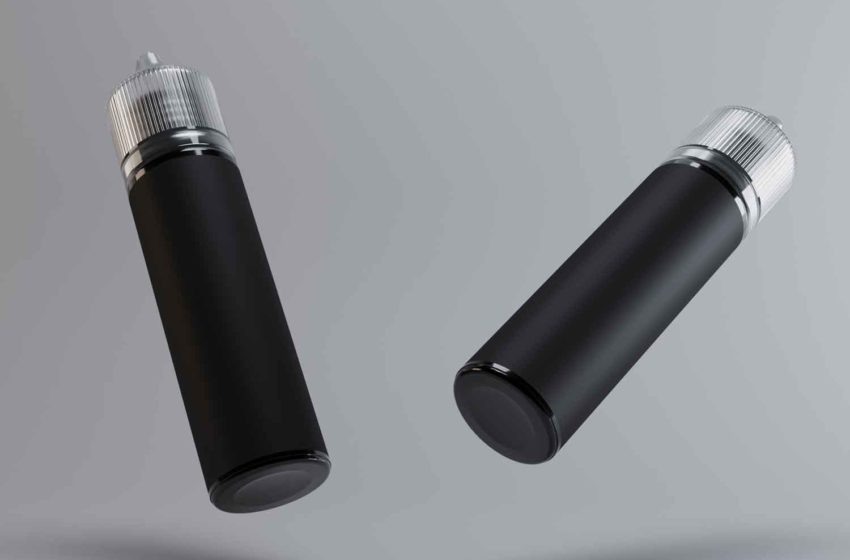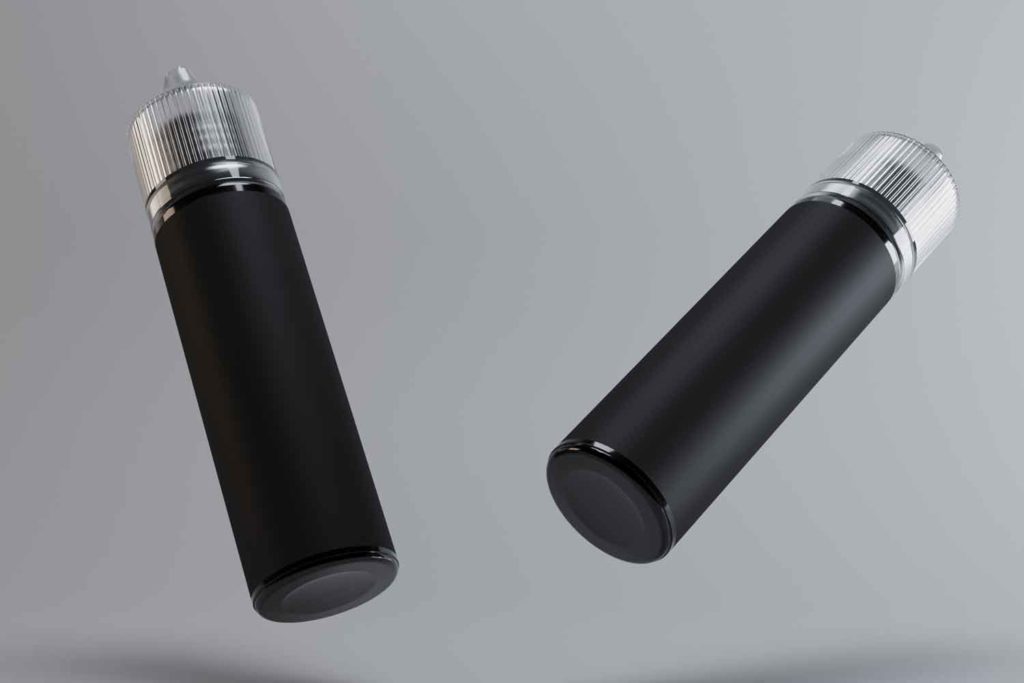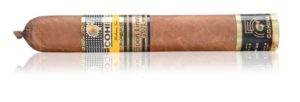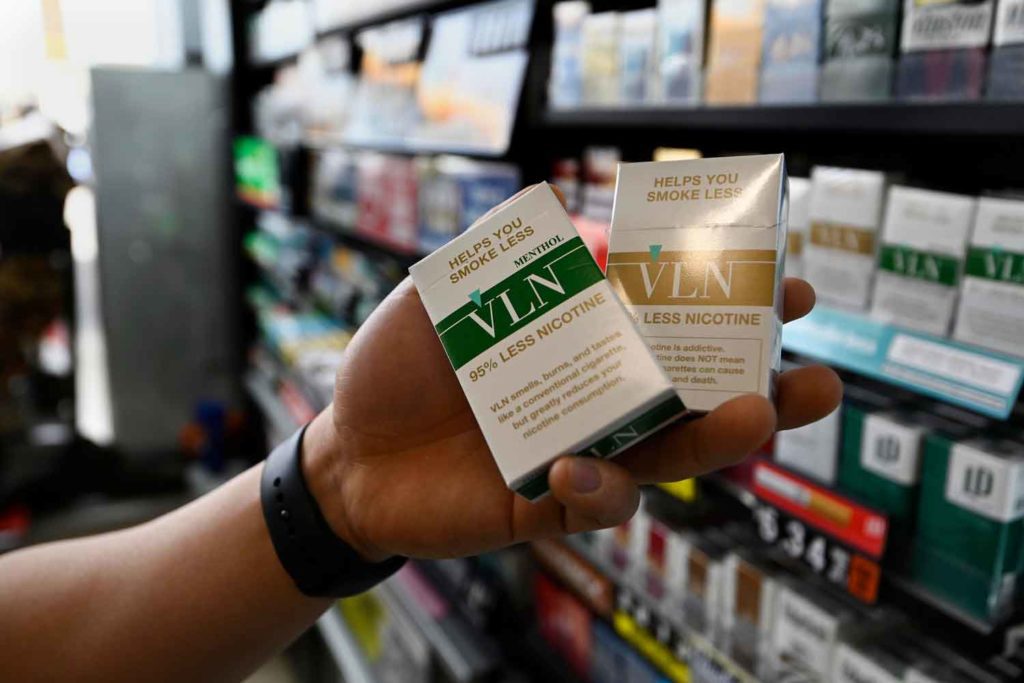
Swedish Match Chairman Conny Karlsson has corrected the reporting that was mistakenly made to the Swedish Financial Supervisory Authority regarding a sale of his shareholding in Swedish Match, the company announced in a press note.
The background to the mistake is the chairman’s instruction to his bank to accept the public offer from Philip Morris in respect of his shares in Swedish Match.
Such acceptance of the offer may be withdrawn at any time until the expiry of the acceptance period in accordance with the terms of the offer and Swedish Takeover Regulation. However, an acceptance of the offer should only be reported if and when the offer is declared unconditional and provided it has not then been withdrawn.
In May, the Swedish Match board of directors accepted Philip Morris’ $16 billion offer for their firm, pending shareholder approval. The multinational recently extended the acceptance period from Sept. 10 to Oct. 21, following indications that European regulators needed more time to review the deal.
The EU competition enforcer has indicated it will complete its evaluation by Oct. 11.


















 He mentioned Cuba’s “always present” former leader Fidel Castro who first launched the Cohiba brand in 1966 and passed away in 2016. “It has not been an easy 55 years. We have had to be very innovative, which is normal for Habanos,” Cintra Gonzalez said through a translator. “But for this [exquisite] brand, because of the love everyone puts into the brand … especially the hands of the torcedors in El Laguito who put in so much effort … remains a favorite of consumers around the world.”
He mentioned Cuba’s “always present” former leader Fidel Castro who first launched the Cohiba brand in 1966 and passed away in 2016. “It has not been an easy 55 years. We have had to be very innovative, which is normal for Habanos,” Cintra Gonzalez said through a translator. “But for this [exquisite] brand, because of the love everyone puts into the brand … especially the hands of the torcedors in El Laguito who put in so much effort … remains a favorite of consumers around the world.”

